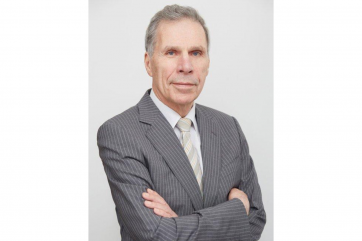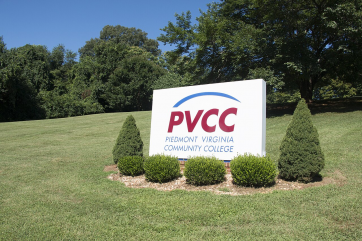Addressing Higher Education Challenges in Ohio: Urgent Calls for Reform by Senator and Professor
By Joy LiwanagOhio, like many states across the country, faces pressing challenges in its higher education system.
A recent discussion hosted by the National Association of Scholars and The Buckeye Institute shed light on critical issues such as college affordability, student debt, graduation rates, and learning outcomes. Senator Jerry Cirino and Richard Vedder, a distinguished professor of economics emeritus at Ohio University, emphasized the urgency of addressing these concerns for the state's educational future.

The Urgency of Change
Senator Cirino, representing Kirtland and a proponent of transformative change, warned that Ohio cannot afford to delay addressing its higher education issues. He emphasized that incremental change might not be sufficient and urged universities and colleges to take bold steps. One of the key areas he highlighted is the voluntary elimination of diversity, equity, and inclusion offices through boards, deeming them ineffective expenditures.
Shared governance, another aspect highlighted by Cirino, poses a challenge in decision-making within higher education institutions. He stressed the need for consensus among stakeholders, stating, "It needs a consensus from all stakeholders before the president or board can do anything. And that prevents them from being responsive to the changing marketplace for education."
READ ALSO: Ohio Auditor's Office Raids Eastern Gateway Community College Over Financial Irregularities
Solutions Proposed by Senator Cirino
Senator Cirino presented several solutions to address the challenges in Ohio's higher education system. He advocated for the voluntary removal of diversity, equity, and inclusion offices, suggesting that funds allocated to these initiatives could be better spent elsewhere. Additionally, he underscored the need to reevaluate shared governance, calling for a more flexible decision-making process that aligns with the dynamic nature of the education landscape.
Richard Vedder, a distinguished economics professor, echoed the need for significant changes. He proposed potential solutions, including the merger of more schools, providing vouchers to college students, hiring professors with diverse perspectives, and enhancing overall accountability. Vedder stressed the importance of holding universities accountable to boards of trustees, the legislature, the public, and private donors to ensure transparency and responsiveness to societal needs.
Intellectual Diversity and Accountability
Both Cirino and Vedder emphasized the importance of intellectual diversity as a cornerstone of higher education. Vedder particularly highlighted the need to hire professors with differing perspectives to create a richer academic environment. The call for accountability extended beyond the confines of university campuses, involving boards of trustees, legislators, the public, and donors. This collective responsibility, they argue, is crucial for reshaping higher education institutions to better serve their communities.
Senator Cirino expressed hope that implementing these changes would not only address the immediate challenges but also restore confidence in Ohio's higher education institutions. By making higher education a more accountable and transparent investment, families could regain trust in the system. The overarching goal is to create an environment where students receive a quality education that aligns with the evolving demands of the job market.
The discussion hosted by the National Association of Scholars and The Buckeye Institute underscored the urgent need for reform in Ohio's higher education system. Senator Jerry Cirino and Richard Vedder outlined various challenges, ranging from affordability issues to concerns about diversity initiatives.
The proposed solutions, including the voluntary removal of certain offices, reevaluation of shared governance, and a renewed focus on accountability, aim to pave the way for a more responsive and effective higher education landscape in Ohio. As these discussions evolve, the hope is that these proposed changes will not only address current challenges but also position Ohio as a leader in shaping the future of higher education.
RELATED ARTICLE: Chatfield College's Closure Creates Initiatives To Sustain Educational Opportunities In Rural Ohio








